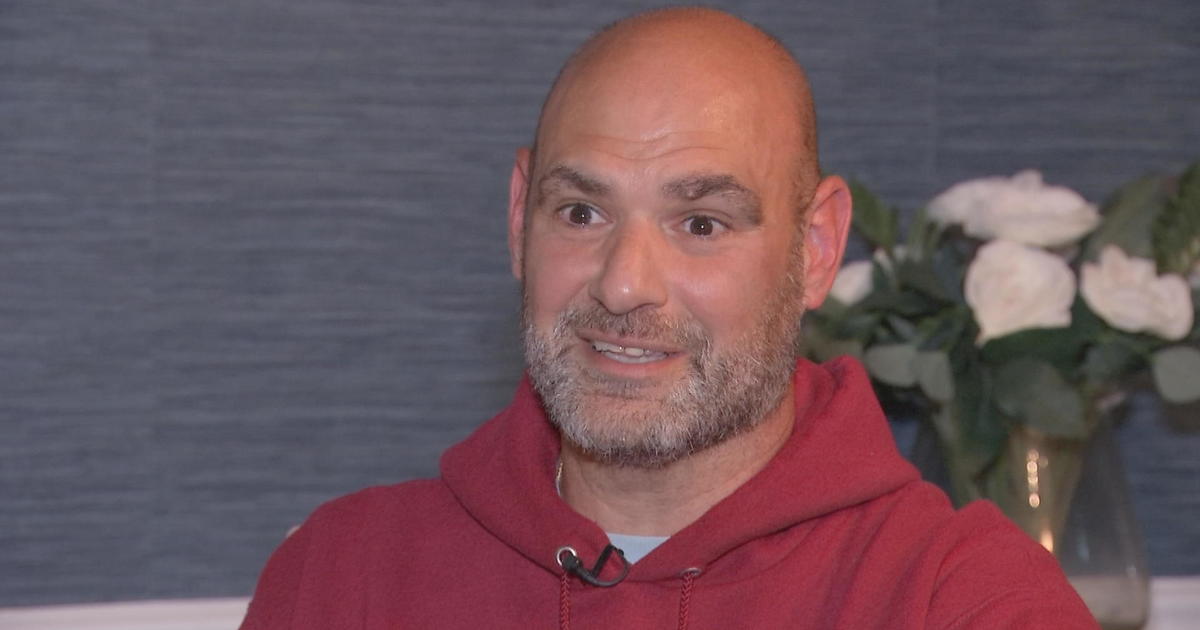Some Food Additives Raising Safety Concerns For Child Health
Follow CBSPHILLY Facebook | Twitter
PHILADELPHIA (CBS) -- The American Academy of Pediatrics is calling for an urgent reform to protect American children.
They say chemicals in food additives may cause a health risk to children.
There is a growing body of scientific evidence that says chemicals in food may interfere with hormones in ways that may affect long-term growth and development.
There are more than 10,000 FDA approved chemicals added to food and food packaging, now the American Academy of Pediatrics (AAP) is calling for stronger federal regulations for those additives.
"This is a huge statement by the nation's pediatricians saying look, our food safety system is failing to protect the health of our children," said CBS News medical contributor Dr. Tara Narula.
Parents Stephanie and Chris Schobel are very careful about what their two young daughters eat.
Police Release Video Of Suspect Wanted In 'Sexual Assault Pattern' In West Philly
"We definitely look at the back of a package and say, 'Hey we're not gonna buy this product. It's got, look at that long list of, preservatives or red dye or whatever else. We'll find one that is best for us,'" said Chris Schobel.
A big concern for the AAP is the direct additives like artificial coloring, nitrates and nitrites, a preservative commonly found in processed meat.
Also indirect chemicals found in food contact materials, plastics such as Bisphenols and Phthalates.
Doctors say the additives can cause widespread health issues.
"Hormone disruptions, sex hormones, thyroid hormones, it could lead to potential obesity, cardiotoxicity," said Dr. Narula.
The AAP says children are particularly vulnerable because they are still growing and developing.
"If new information suggests that a substance already in use may be unsafe or if consumption levels have changed in ways that could affect safety, the FDA can conduct further studies to review whether the use can still be considered safe," said the FDA in a statement.
To reduce chemical exposure the APP says parents should wash fruits and vegetables and avoid processed meats.
There are other suggestions for reducing chemicals exposure food should be stored in glass or stainless steel instead of plastic, never microwave food in plastic and limiting canned food helps reduce Bisphenoal exposure.
Fewer processed foods overall will cut down on chemicals.



